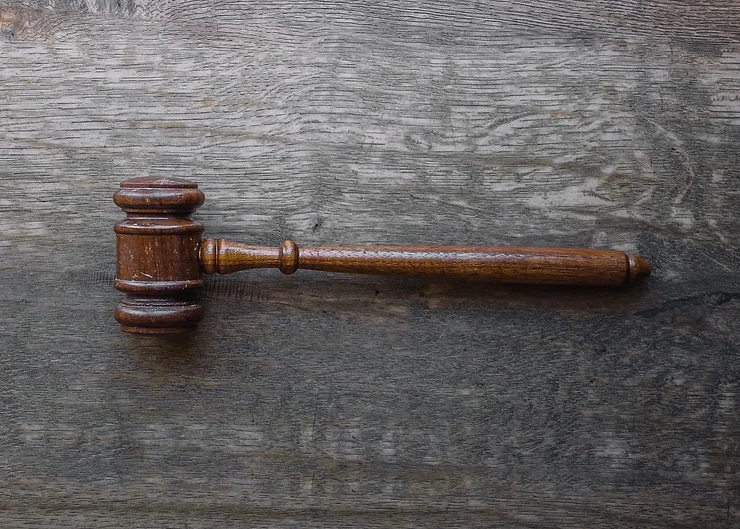Preparing for a Temporary Hearing | Divorce Lawyer Ellijay Ga

Preparing for a Temporary Hearing | Teague Law | Divorce Lawyer Ellijay, Ga

The purpose of a temporary hearing in a divorce action is for the court to provide an order that provides a framework for the parties to follow during the pendency of a divorce. A divorce can be an extremely length process – months, sometimes years can pass from the initial filing of a divorce until a final hearing or settlement. A temporary order can provide stability until the parties can either agree on a settlement, or until the parties can be heard for a final hearing.
A temporary hearing typically occurs within the first six months of a divorce action (when one is needed). The divorce is usually far from over when a temporary hearing occurs and the court understands this – Because of this, the court has adapted different rules for a temporary hearing versus a final hearing. Since time is of the essence, and discovery is typically not completed by the time of a temporary hearing, the court allows the parties to take shortcuts in preparation of a temporary hearing.
One key difference between a final hearing and a temporary hearing is the use of notarized affidavits. While the parties at a final hearing must call all their witnesses live or introduce their testimony by deposition, the use of notarized affidavits are allowed in a temporary hearing. Once a contest divorce action is initiated, I tell my clients to begin thinking of 8-10 people that would be willing to write an affidavit as to their character, parenting abilities, and their opinion as to which parent should have primary custody. Affidavits must be provided to the other party within 24 hours of any temporary hearing so it is imperative to think and work ahead as a temporary hearing can quickly sneak up on you – especially if one is requested under an emergency request.
One other thing I ask all my clients for is a written recap or timeline of events. Having a written account of the events leading up to the divorce or maybe conflicts or issues that occurred after the divorce was filed is extremely helpful. I use my clients written account of events when preparing my outline of issues to cover in a temporary hearing. Having a written account versus oral account of events is not only better to keep facts and timelines in order, but also saves my clients a significant amount of money. Contested family law cases are typically billed at a per hourly rate and having my clients write out their account of events will save them money because I do not have to keep going back to my client and to ask follow up questions – I have everything in writing in my file that I can go back and reference. Organization is KEY.
Next, keep a planner or agenda. Keep track of what household bills you have paid, expenses you have incurred for the children, parenting time with your children, and any other pertinent information regarding the parenting of the children or conflicts that may arise between you and your spouse. Going through a divorce can be extremely stressful – document everything to ensure nothing falls through the cracks. These notes will also help your attorney in preparation for any litigation – a dual purpose!
Lastly, Breathe. It sounds easy, but this is likely the most difficult step on the list. Once you provide all the necessary information to your attorney, it is up to them to present it to the court in the best way possible. When you chose a lawyer that you trust, you can let go of the extra stress and anxiety by knowing they will present your story in court the best way possible. Just breathe, step back, and focus on your babies. We will take care of the rest!

